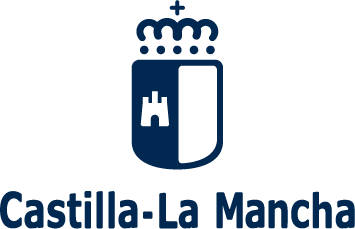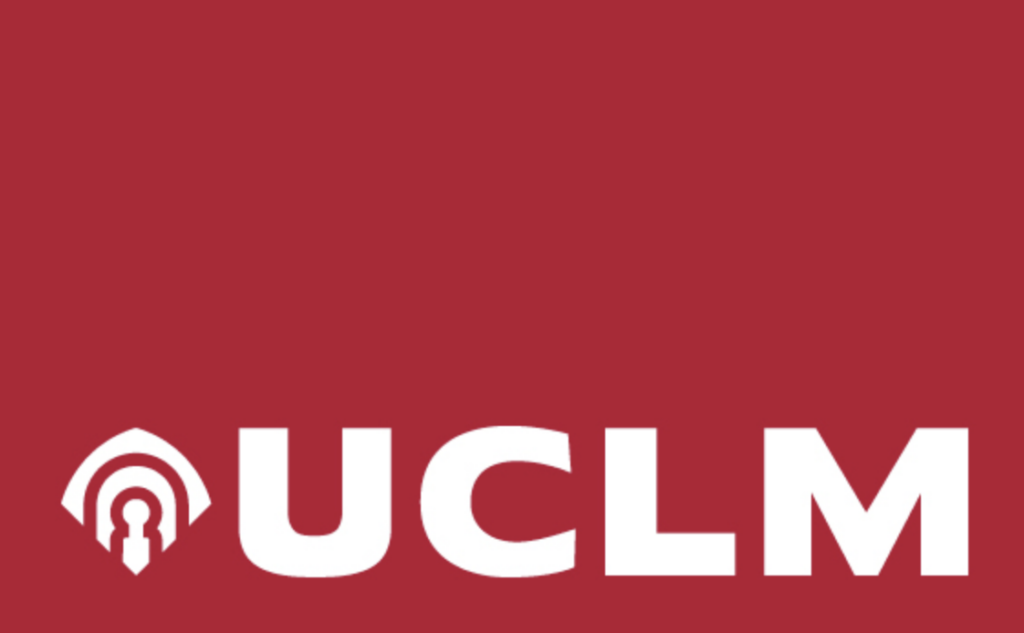Mathematics of cancer
The development of cancer treatments and therapeutic interventions is subject to a great deal of uncertainty and involves a fair amount of trial and error. This reduces the potential clinical benefits and also causes costs to shoot up. The outcome from currently available treatments can be improved, for instance by optimizing the schedules, dosage, and combinations with other therapies. Clinical trials on their different phases can also be predesigned virtually to produce better results with lower investment. We describe treatment effects with mathematical models that we then use to conduct in silico clinical trials and explore modifications. This allows us to identify the best results in terms of resistance, survival, and toxicity.














